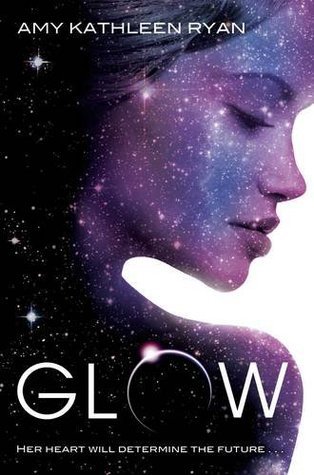 Solitude: In Pursuit of a Singular Life in a Crowded World by Michael Harris
Solitude: In Pursuit of a Singular Life in a Crowded World by Michael Harris
My rating: 5 of 5 stars
After reading and totally relating to Michael Harris’
The End of Absence: Reclaiming What We’ve Lost in a World of Constant Connection, this book went to the top of my reading list as soon as it was published.
Although not quite as well-written, in my opinion, as The End of Absence, Harris does a good job of identifying how uncomfortable most of us have become with solitude, why we need solitude (and how technology intentionally is designed to make sure it never happens), things we need to do to make consistent solitude happen, and areas of life where solitude is built in to the experience.
One of the side effects of solitude, it turns out, that the majority of society has become totally uncomfortable with is absolute silence.
Absolute silence leaves us alone with our thoughts – most of us have unconsciously fallen into a pattern of not thinking for ourselves and just accepting whatever is thrown at us (and this is generally targeted to our pattern of interacting with technology, including Google searches and social media likes, shares, comments, etc. so that we just fall in step because it looks like a mirror) – and Harris makes the accurate case that being alone with our thoughts helps us grow by initiating contemplation, analysis, innovation, creativity, and problem-solving that can’t be done any other way.
What’s really fascinating about solitude, though, is that it encourages us to explore the roads not taken via things like getting lost (Harris reminds us what it was like to travel before Google maps and GPS and he makes a compelling case, even for this hardcore directionally-challenged reader who panics when I get lost, that getting lost opens up opportunities for unique discoveries we’d never know about otherwise), taking short treks down rabbit holes in our thinking processes, spending time walking in nature with no agenda and no destination, and disconnecting entirely for regular, short, intermittent spans of time from everything (people, technology, noise, etc.).
The last area of solitude that Harris discusses is one that we will all experience and that is death, both of our loved ones and, eventually, our own.
At no time are any of us more entirely alone than in the experience of death, because each of us experiences death in a way that is entirely unique to who and what and how we are (death has, of course, a common core of components, but because death is based on lives and their interrelationship, the hardest and longest parts are completely solitary).
If we have learned to practice, embrace, and enjoy solitude throughout our lives, then the inevitable solitude of death that we all eventually have to face, no matter how short we choose to make it because of the scariness and quietness of solitude, will have the potential to irrevocably crush and destroy us.
Although I found Harris’ writing style more disengaged in this book, he still succeeds in reminding us why solitude is so important to us as human beings and how its absence in modern life, in some ways, makes us less interesting, less mature, and even less human.
View all my reviews
Rate this:Share this:




